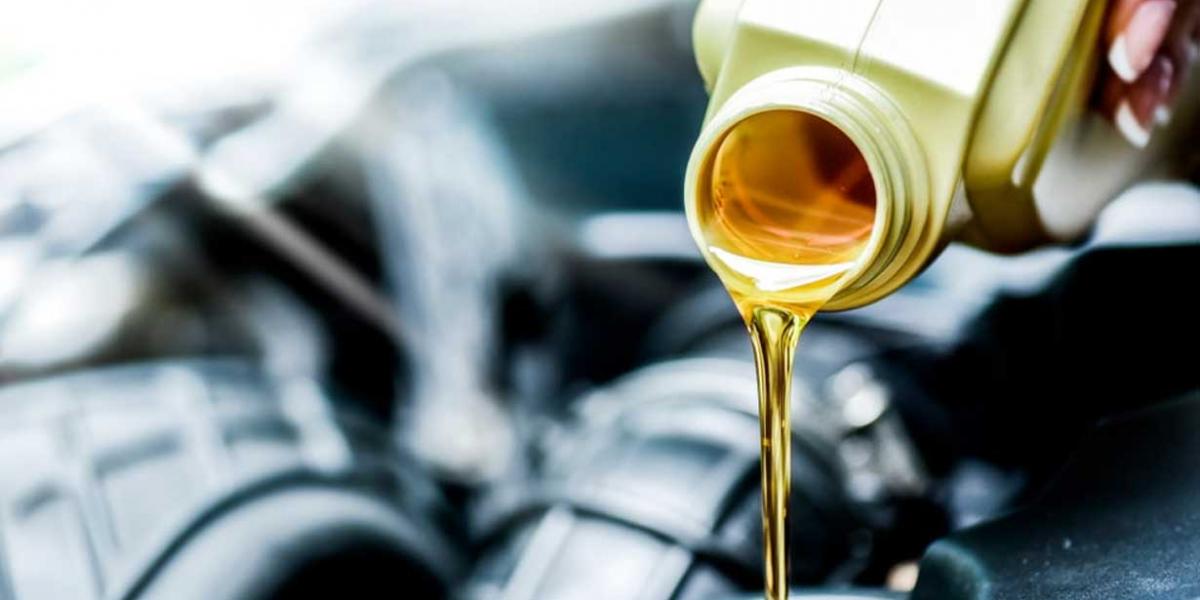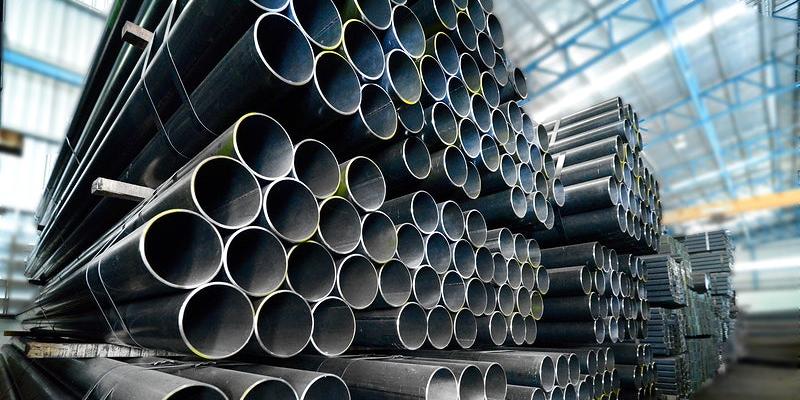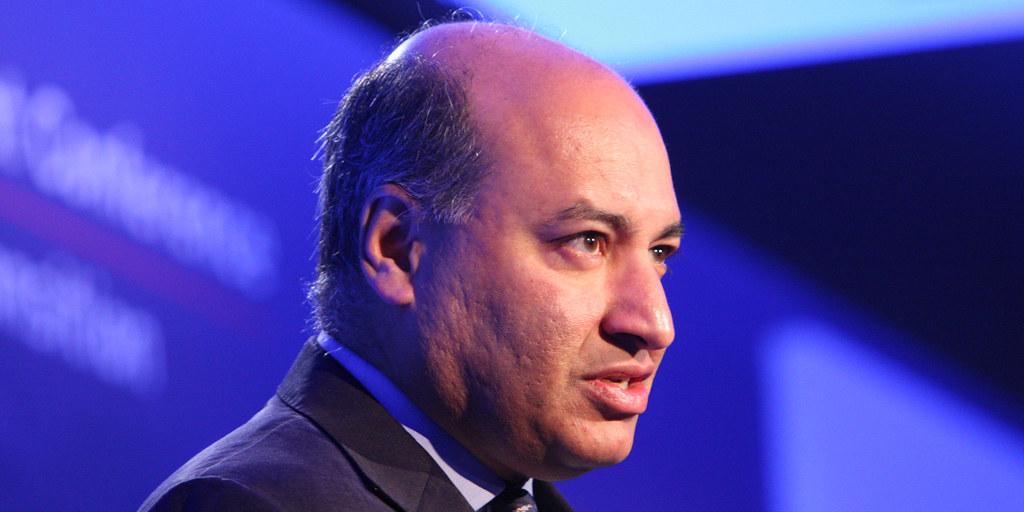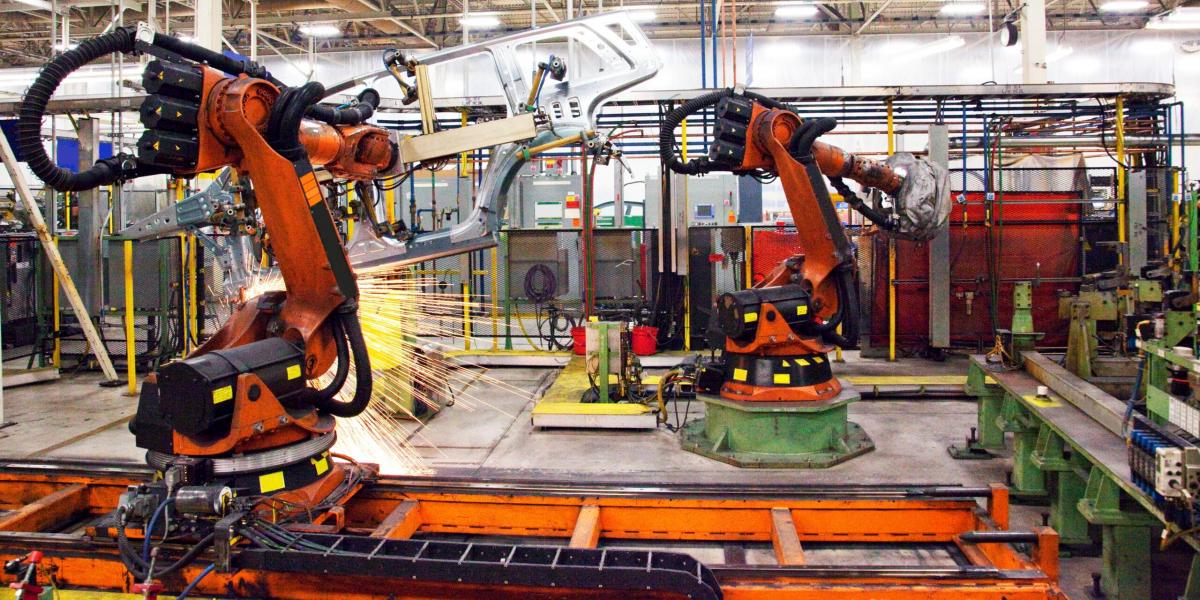Nigeria : Stakeholders advocate backward integration of lubricants to check rising imports
- 09 May 2022 / News / 521 / Fares RAHAHLIA

With Nigeria ranking as the second largest consumer of lubricants, mostly from importation, due to poor refining capacity of crude, stakeholders in the industry have charged local operators to embrace local production of high-quality lubricants.
Indeed, the operators lamented the prevalence of sub-standard lubricants in the country mostly due to capacity and profit maximization by firms that engage solely in mixing of different oil grades.
The Guardian last year, reported that lack of refining capacity in Nigeria for basic fuels and other petroleum products has left the nation dependent on the importation of lubricants, with yearly expenditure likely to exceed the $500 million benchmark going by the rally in oil prices.
Specifically, stakeholders urged local blenders to leverage the high tariffs in importing lubricants to improve on technology and capacity building to produce quality lubricants in the country.
The call was made at the second day of the International Lubricants Conference 2022 Nigeria Edition held virtually with the theme: “Technology and its Application to the Lubricants Industry.”
The Managing Director, Lubcon Limited, Nigeria, Taiye Williams, said importing specialised lubricant is becoming too expensive for most organisations, noting that it was high time players in the industry built capacity and improved on technology to become producers of lubricants, especially as Nigeria is the second largest consumers of lubricants.
He said China and India developed their oil refining technology by copying Britain and America to be able to produce additives for lubricants, which is now being supplied globally.
Williams said both countries also indigenised their local raw materials such as additives sources, built their capacity and improved their technology to be one of the top producers of lubricants globally.
He said it was high time Nigeria followed the “copycat” approach to develop local capacity and improve on technology as a critical factor for lubricant production.
“India developed their oil refining technology, they copied Britain and America, but by 2004, a lot of American students were coming to India to learn a more efficient system on what India has developed. You can see what it means if we are able to look at that very approach in terms of building capacity and improving our technology here.
“India’s mutual collaboration with China, where India has the technical know-how and China has the raw materials – the two countries were able to produce additives which are coming into Nigeria for us to use.
“We need to get these lubricants, study them, strip them and produce a good substitute. Let us keep building capacities and expanding our product range by deliberately working on lubricants that are in demand but not currently produced locally. We need to harness technology to be able to do this so that we continue to help industries here and we continue to remain relevant.
“I am not advocating imitating other countries’ products, but rather producing credible equivalence products not yet available locally. As we build capacity in this area, our understanding of the technology involved in lubricant will continue to increase,” he said.
He said to become a lubricant producing nation sometimes requires some collaborations with foreign partners that will be able to assist Nigeria to build capacity and make use of the latest technologies.
He further said the African Continental Free Trade Agreement (AfCFTA) provides a great opportunity for Nigeria to build local capacity that will give her strong participation in the market, thereby providing the needed technologies to build Africa.
However, the Group Procurement Head, Chicason Group, Mrs. Chidi Frank-Ufondu, during a panel session, frowned on the 70 per cent level of adulterated lubricants in the markets.
She said most of the perpetrators are former workers of big oil companies who rent shops and begin mixing components without knowing the parameters of getting quality lubricants.
“We have been battling with this. Some people, after working in a company, come out and open a shop and start mixing; some of them don’t know the mixing parameters of getting quality lubricants. In the market there are a lot of products of all the manufacturing companies, their lubricants are adulterated. Most of the causes we know is that when you are out of the market for a long time, especially if your product is good and well acceptable in the market, people tend to imitate it,” she bemoaned.
Frank-Ufondu said to avoid imitation of products, companies should have unique features that distinguishes their products from the adulterated ones, adding that the industry stakeholders are also working with the government to raid the markets and curb production and circulation of substandard lubricants in the country.
In his presentation, the Technical and Commercial Consultant for the Lubricants Industry in Latin America, Roberto Vargas, said for Nigeria to achieve quality lubricant that meets international standards, the industry players must ensure the base oils and additives components are right in the ratio 90:10 during the formulation process.
On the role of regulators in curbing influx of substandard lubricant into the country, Vargas charged the federal government and its agencies to ensure strict regulations are complied with in order to maintain the quality of lubricant according to the standard requirements.
The General Manager, Sales and Technology, Pacegate Energy and Resources Limited, Franklin Oranisih, during the panel session also affirmed that a lot of consideration is needed during the formulation process, such as having the right base oil and additive components and properties to produce quality lubricant in Nigeria.
He said a lot of blenders in Nigeria mix without deep understanding of the proportions of components to achieve standard lubricants.
“We are not too far from the 70 per cent adulterated lubricants. Most of the blenders we have in Nigeria are not putting so many factors into consideration when they are formulating and all these things will end up giving us a product that does not meet the standard. It remains substandard,” he said.
The Lubricant Marketing Head, Ardova Plc, Habib Bello, said with the rate at which the automotive industry is evolving every day, it puts more pressure on blenders to come up with the right formulation to meet this specification.
“For the industry as it is today, technology plays a big part in terms of the pressure it puts on the lubricant that we blend out. However, in terms of production, we have to get it right from the base oil, the additives part is also essential but the base oil plays a big part,” he added.
source: guardian.ng
 English
English
 français
français
 العربية
العربية







